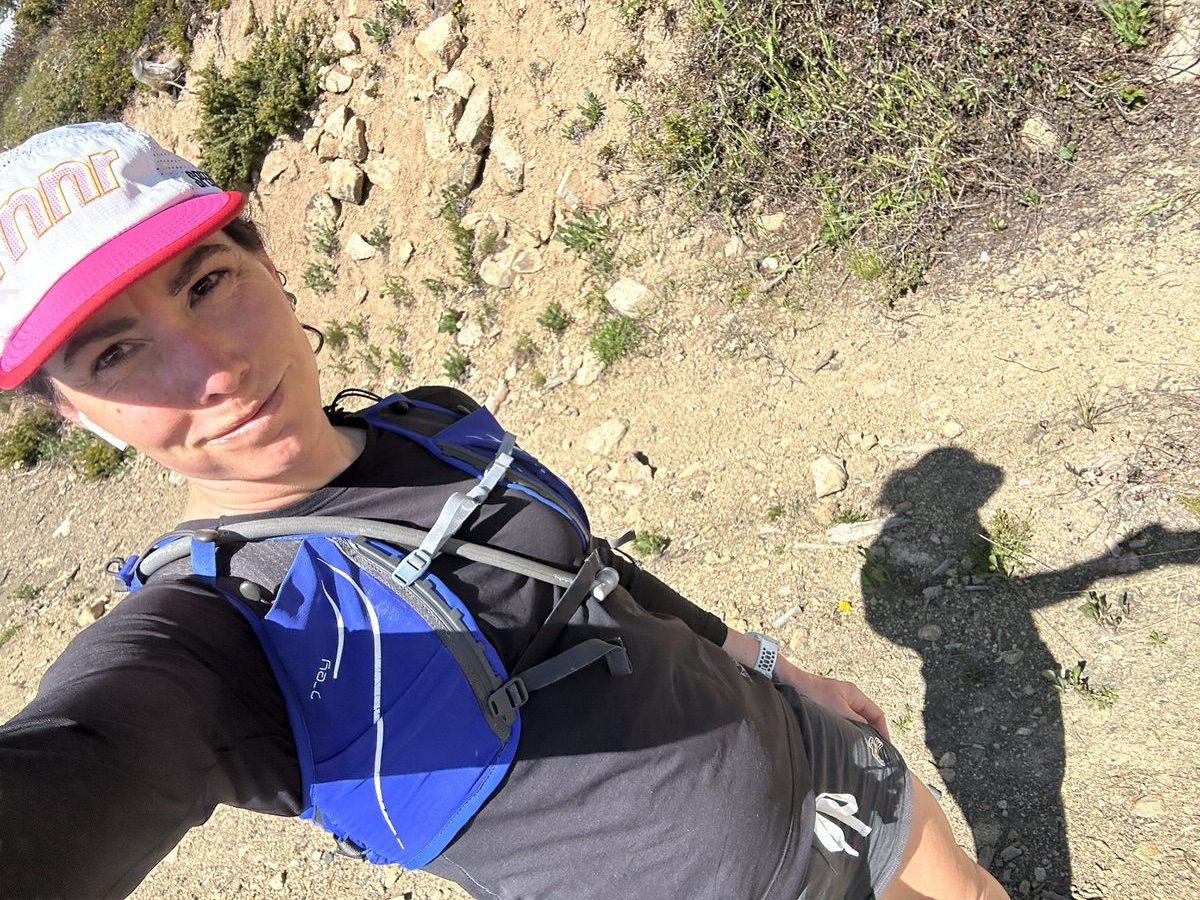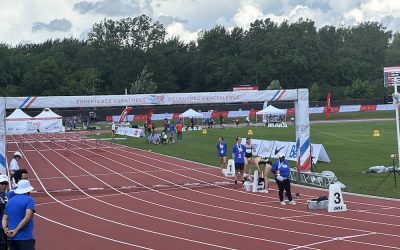This week, we chatted a lot about racing at altitude on the podcast as I (Molly) talked through my race at the Leadville Trail Marathon, and what we took from that as we head into a year of preparation for the Leadville 100 run. I had been really nervous about racing at altitude for the last few months, unsure how my body would react to that stress. But when it came time to head into the mountains, I realized I had a choice to make: It was too late to rewind the clock and spend winter training in Andorra at altitude, or to have bought an altitude tent, or to have done the breathing training with XYZ device. Altitude was officially out of my control, and that meant I had a decision to make: I could continue to think about every breath as feeling just a little bit harder, and start to stress myself out, wondering how I’d run 26.2 miles at an even higher altitude, with a ton of climbing to where the air is even thinner. OR… I could decide that altitude doesn’t effect me at all. That I’m great at altitude. That I secretly have an altitude super power. I could focus on the thing I could change, which was how I chose to perceive myself.
See, the thing is: Whether or not altitude is going to effect you adversely isn’t a question that’s very helpful, at a certain point.
A year from race day? Sure, there are ways you can spend time and money to hopefully help acclimate to altitude so you’re ready. And those things are all great options! However, when the race is right around the corner, all you have left is your attitude.
And it turns out, it can really, really help.
I had been looking at altitude as the boogeyman. For some reason, it was scarier than a hot race, despite the fact that I don’t historically do great in heat. It was scarier than blizzard-like conditions, which—spoiler alert—we would experience on race day. It was this terrifying unknown, and I just didn’t know how things were going to go. But it was also something that I simply couldn’t change.
Now, does that mean altitude had no effect on me? Of course not. But honestly, once I decided that it wasn’t going to be a limiting factor, and that I was “good at altitude,” I really did notice a shift in how I felt.
It was a weird tightrope to walk, however. There’s a delicate balance between being confident and being a bit of a dummy when it comes to something like perceived exertion. I definitely had to be careful not to overdo it on my training runs and go just a smidgen too hard to keep up my normal flatlander pace. And on race day, I actually was a little too conservative for the front half of the race, trying to make sure I didn’t hit the red zone and start to panic. But for the most part, I was able to keep my nerves about the high elevation at bay, and focus on the training and the mountains that were in front of me.
It served as a very visceral reminder that so much of how we’re feeling on the bike or run is in our heads—we talked about this on the podcast, but it’s similar to how one minute, you can feel like you’re absolutely smashing a race… and then someone passes you and suddenly, you suck and you are the worst and what are you even doing here?! While it’s obviously not the simplest thing in the world to get out of our own heads during training/racing, I do think making that effort to decide to change your narrative can be such a huge help. My next area of focus: Deciding that I am GREAT in heat and humidity 😂





